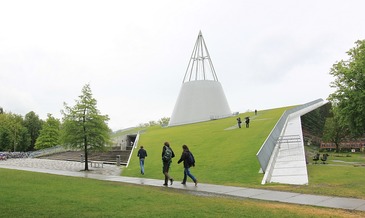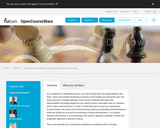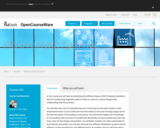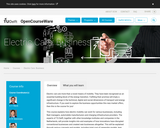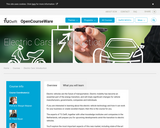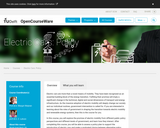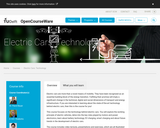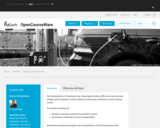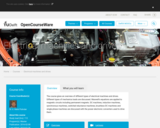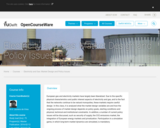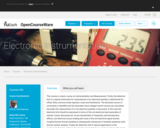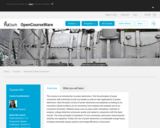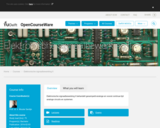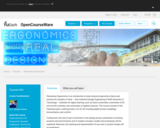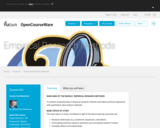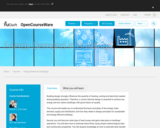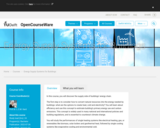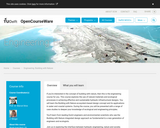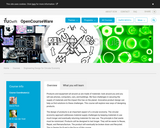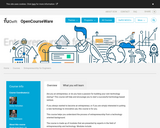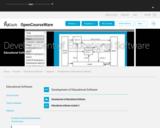
MAIN AIMS OF THE MODULE: To achieve an understanding and practical experience of key principles, methods and theories in the area of educational software.
LEARNING OUTCOMES FOR THE MODULE: The module provides opportunities for students to develop and demonstrate knowledge and understanding, qualities, skills and other attributes in the following areas:
1) Obtain understand of major learning principles, theories, and approaches
2. Identify key factors of successful educational software design and deployment.
3) Apply theories, principles, and approached into an appropriate design of educational software system.
4) Establish an appreciation of state-of-art developments in the area of educational software design.
MAIN TOPICS OF STUDY: The main topics of study considered in light of the above learning outcomes are: Educational Principles Design of educational software such as electronic instruction manuals, serious gaming, VR training, drills, and tutor agents and tutorials Educational software for specific learners such as children, elderly, mentally or physically challenged individuals CEvaluation of education software.
- Subject:
- Applied Science
- Computer Science
- Material Type:
- Assessment
- Homework/Assignment
- Lecture
- Lecture Notes
- Lesson Plan
- Reading
- Provider:
- Delft University of Technology
- Provider Set:
- TU Delft OpenCourseWare
- Author:
- Dr.Ir. W.P. Brinkman
- Date Added:
- 02/16/2011
